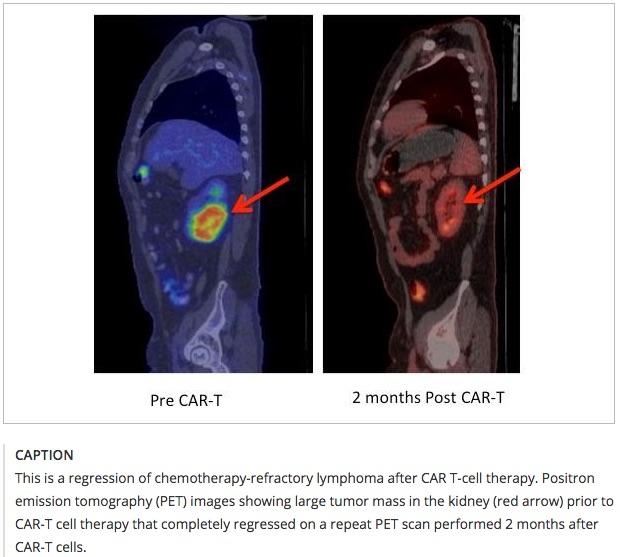Scientists are touting a new clinical trial for terminally ill blood cancer patients an "extraordinary" success after half the participants in one study went into complete remission.
The trial involves using specially engineered T-cells - a type of white blood cell which plays a key role in detecting abnormal cells - to target cancers.
One study has seen 94 percent of participants with acute lymphoblastic leukaemia (ALL) cleared of all symptoms.
Patients with other forms of blood cancer had response rates upwards of 80 percent, while more than 50 percent experienced total remission.
"This is unprecedented in medicine, to be honest, to get response rates in this range in these very advanced patients," researcher Stanley Riddell said.
The trial involves genetically modifying patient's T-cells to give them "receptor" molecules that target and kill cancer cells.
Riddell and his colleagues constantly refine the process. They recently revised their CAR T-cell treatment protocols to increase effectiveness and reduce negative side effects, which can include neurological symptoms and "cytokine release syndrome," with fevers and drops in blood pressure. Meanwhile, scientists in his lab are working to modify the technology to apply it to a wider range of cancers, and they are developing the next generation of engineered T cells, which are expected to be safer and easier to design.
Click here to read the full story.
Lead Stories' Trendolizer™ is constantly scouring the web for the hottest news, viral videos and images.
Follow us on Facebook and Twitter @LeadStoriesCom for your daily news.
















